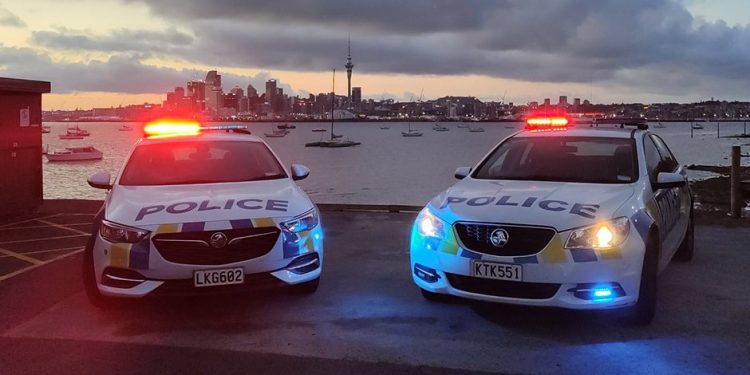Court says NZ Police no-tolerance speed ticket policy is ‘confusing’
One of the most contentious elements of driving in New Zealand is the existence, or not, of a ‘threshold’ or ‘tolerance’ whereby police discretion exists if a driver is caught speeding within 10km/h of the speed limit.
There are several reasons why a tolerance is beneficial to drivers. It means they’re less likely to be permanently fixated on their speedometer and it gives a buffer to people driving cars with inaccurate speedometers.
Last August, National road policing manager Acting Superintendent Gini Welch confirmed that the New Zealand Police would be enforcing speed limits with a ‘zero tolerance’ approach for the duration of 2020.
“We don’t have a threshold,” Welch said at the time, speaking to Stuff, “we don’t have anything other than the speed limit. That’s what we will enforce. If you travel above the posted speed limit, you can expect to be stopped and subjected to intervention such as engagement, education and enforcement.”
While the statement’s implied message, that people driving 1km/h over the speed limit could be pulled over and fined, drew the most criticism at the time, Welch’s statement that “we don’t have anything other than the speed limit” is also seemingly up for debate.
Kiwi motorist Mike Bryce recently took the NZ Police to court over a $30 speeding fine he incurred while driving in Kawakawa, on the basis that the speed he was caught doing (57km/h in a 50km/h zone) was underneath a previously established 10km/h tolerance. He argued that the common understanding of the threshold constituted what’s known as a ‘meeting of the minds’ agreement, and a contract.
While Bryce lost out on the case, having been booked doing the speed in a school zone, the court did agree with Bryce that current wording around speed thresholds in New Zealand is confusing. And, after an online search, we’re inclined to agree.
The Waka Kotahi New Zealand Transport Agency notes that Police “will strictly enforce a 4km/h tolerance of the posted speed limit outside schools, kindergartens and play centres during high-use times”, seemingly confirming that the police in New Zealand do ordinarily have a speed limit tolerance.
During our own online search, we found an archival NZ Police instructional document that also appeared to confirm the existence of a speeding tolerance when policing. Specifically it noted a more stringent 4km/h speed tolerance would be used during holiday periods.
“Police will increase the focus on speeding motorists by enforcing a lowered speed tolerance of 4km/h during these periods. Motorists exceeding the 4km/h tolerance must be dealt with promptly by Police. The level of action taken by Police will be at the discretion of the officer, after consideration of the circumstances surrounding the offending, however, it is vital that visible Police action occurs,” it said.
Stuff quizzed road policing director, Superintendent Steve Greally about the case. He wouldn’t comment on Bryce’s arguments directly, citing that it would be inappropriate for police to judicial comment on policy. But he seemingly agreed with Welch, saying there had been no change in speeding policy. “Our frontline staff continue to have the ability to apply discretion where applicable whilst policing our roads,” he added.
Stuff’s report added that, according to an Official Information Act request upheld by the police, 182 speeding tickets were issued to motorists who were caught travelling between 1km/h and 6km/h over the speed limit.
This number was much larger in 2020, with 309 tickets issued for the same offence, although both numbers paled in comparison to the 11,244 tickets and 27,652 tickets issued in 2019 and 2020 respectively for those caught travelling between 6km/h and 10km/h over the limit.





